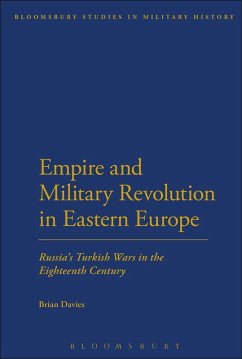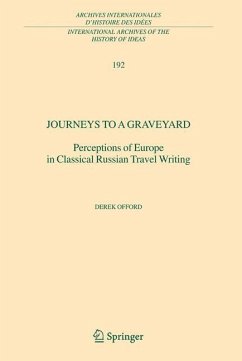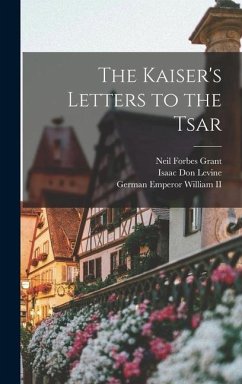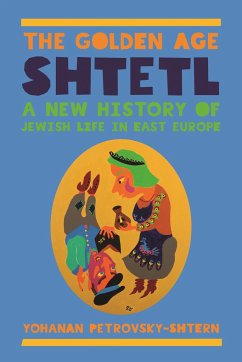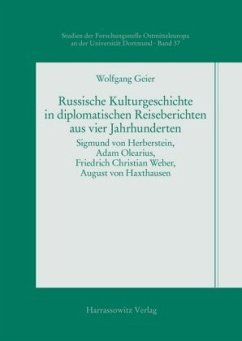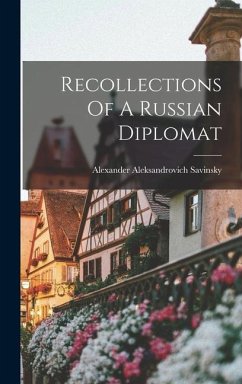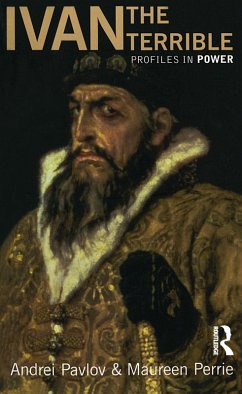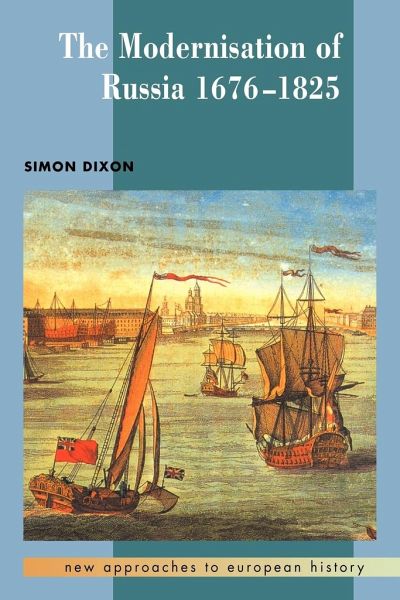
The Modernisation of Russia, 1676-1825
Versandkostenfrei!
Versandfertig in 1-2 Wochen
45,99 €
inkl. MwSt.

PAYBACK Punkte
23 °P sammeln!
This is the first book to place Russia's 'long' eighteenth century squarely in its European context. The conceptual framework is set out in an opening critique of modernisation which, while rejecting its linear implications, maintains its focus on therelationship between government, economy and society. Following a chronological introduction, a series of thematic chapters (covering topics such as finance and taxation, society, government and politics, culture, ideology, and economy) emphasise the ways in which Russia's international ambitions as an emerging great power provoked administrative ...
This is the first book to place Russia's 'long' eighteenth century squarely in its European context. The conceptual framework is set out in an opening critique of modernisation which, while rejecting its linear implications, maintains its focus on therelationship between government, economy and society. Following a chronological introduction, a series of thematic chapters (covering topics such as finance and taxation, society, government and politics, culture, ideology, and economy) emphasise the ways in which Russia's international ambitions as an emerging great power provoked administrative and fiscal reforms with wide-ranging (and often unanticipated) social consequences. This thematic analysis allows Simon Dixon to demonstrate that the morethe tsars tried to modernise their state, the more backward their empire became. A chronology and critical bibliography are also provided to allow students to discover more about this colourful period of Russian history.





